As Nelson Mandela once stated, “Education is the most powerful weapon which you can use to change the world”. However, the ever-increasing costs of higher education might make the dream seem out of reach for many. There is some good news – there are many opportunities for scholarships that can help students bridge the gap.
In this blog post, we’ll explore some valuable tips and resources to help you discover opportunities for scholarships:
Start Early
Begin your scholarship search early. Many scholarships have specific deadlines. Starting early allows you to plan and gather all the necessary documents.
Utilize Scholarship Search Engines
Numerous online platforms are dedicated to helping students find scholarships, such as Fastweb, College Board’s Scholarship Search, and Chegg Scholarships.
Check with Your High School Guidance Office
This is a valuable resource and can provide information on both institutional and external scholarships.
Explore Local Opportunities
Many communities, businesses, and organizations offer scholarships to local students. Places like community foundations, civic clubs (Rotary, Kiwanis), and credit unions sometimes have scholarships to which less students apply, increasing your chances of getting selected.
Niche Scholarships
Look for scholarships that align with your interests, hobbies, or career goals. There are scholarships for a range of activities, from sports and arts to specific academic disciplines.
Professional Organizations and Associations
Research scholarships through professional organizations and associations related to your field of study. These organizations often support students pursuing careers in their respective industries.
Government Scholarships
Explore government-sponsored scholarship programs. Federal and state governments may offer scholarships based on financial need, academic achievement, or specific criteria.
Check with Your Prospective College or University
Many colleges and universities have scholarship programs. Research the scholarships offered by the institutions you are applying to, including merit-based and need-based options. Many times, colleges automatically consider students for merit scholarships based on their applications but it is best to check by college. In addition, there may be other scholarships at a specific college that you could apply for separately.
There are different types of scholarships. Some scholarships are given upfront, while other scholarships have requirements that students must maintain to receive the funds. Students might receive the money directly as a check in their name. In other cases, the money is given to the student’s school. Be sure to carefully review the eligibility criteria, application requirements, and deadlines for each scholarship.
Scholarships are not limited to students entering their first year of college. There may be scholarships specifically for upperclassman. Be proactive and thorough to increase your chances of securing financial support for your college education. Additional resources and links to scholarships are updated regularly on our website on the student resource page at www.518elevated.org/resources.
Good luck!
